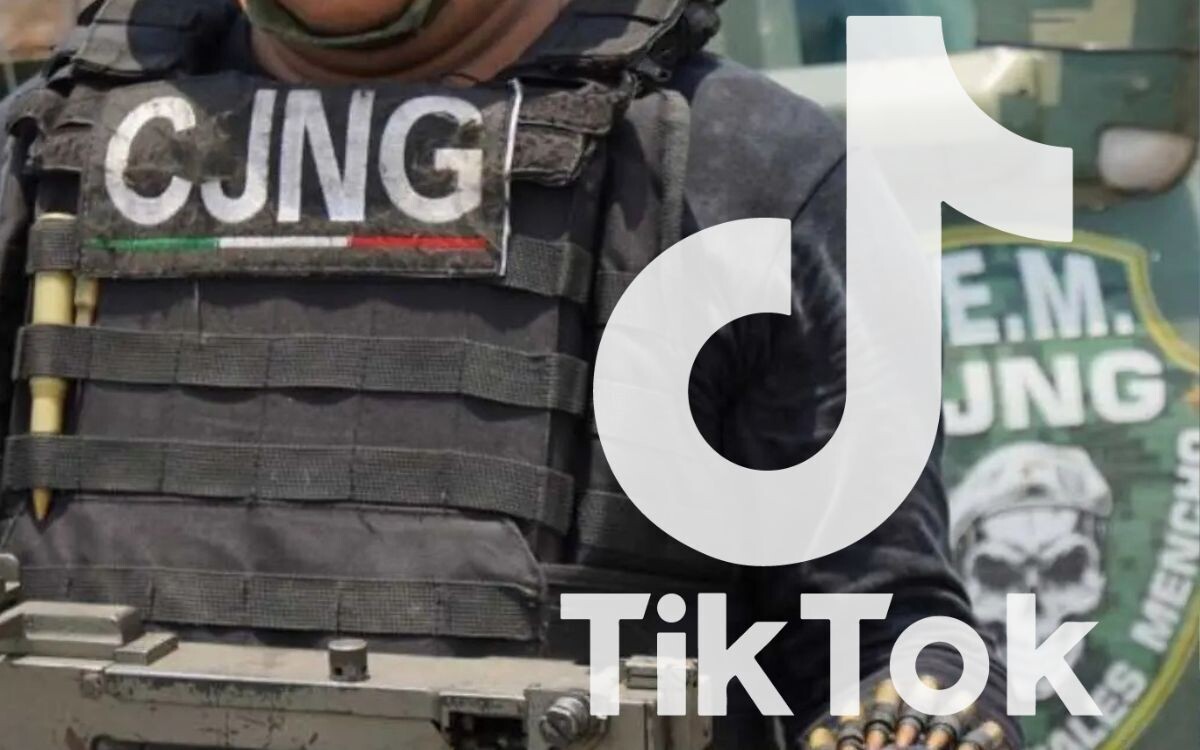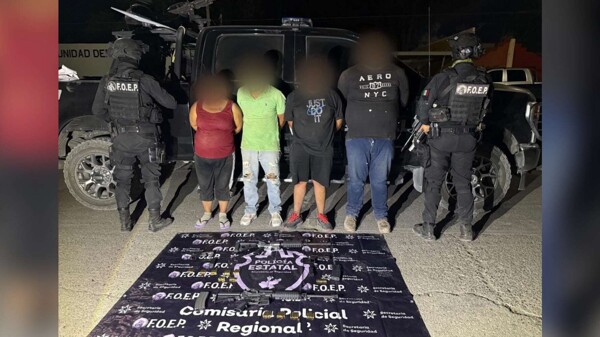
The Seminar on Violence and Peace at the Colegio de México has published a research study titled 'New Frontiers in Digital Recruitment: Recruitment Strategies of Organized Crime on TikTok'. This study highlights how over 100 accounts on this platform were dedicated to attracting young people to join groups such as the Jalisco New Generation Cartel and the Sinaloa Cartel.
According to the report, these groups use emojis, hashtags, music, viral audio, and visual content to capture the attention of young people. The strategy focuses on offering a sense of belonging and closeness, especially to youths from vulnerable sectors, promising them better wages, economic support, housing, and training within their criminal organizations.
There have been reports of disappearances of young people related to fraudulent job offers on social media. One example is the discovery of Rancho Izaguirre in Teuchitlán, Jalisco, where recruits from the CJNG were being trained. The analysis conducted highlights that organized crime uses TikTok to build identity, community, and promises of belonging.
The report reveals several important findings, such as the promotion of fake "jobs" with offers of housing, payments, and training by active accounts. It highlights that the CJNG leads the use of TikTok for recruitment and propaganda, employing specific hashtags and emojis as symbolic keys to identify criminal factions.
Additionally, content targeting women was detected, offering support to "single mothers and students". The research was based on a digital ethnography that identified symbolic patterns on TikTok and a quantitative analysis that revealed relationships between engagement, services offered, and the language used. This study emphasizes the importance of understanding that seemingly innocent platforms like TikTok can be used for recruitment purposes by criminal organizations.













